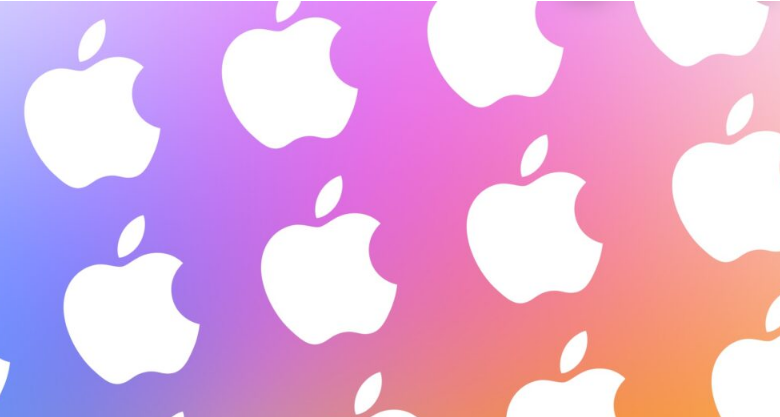
Apple pockets up to $20 billion from Google each year
Every time an iPhone user uses the native tools to search the web, the results that appear on the screen are provided by Google. That comes at a price: between $18 billion and $20 billion a year, according to the wealth management firm Bernstein. The companies involved do not disclose exact figures, but analysts make estimates about the lucrative deal for Apple.
The amount is equivalent to something between R$ 90 and R$ 100 billion per year, according to today’s exchange rate. However, it may be that Apple no longer sees the color of money, depending on a lawsuit that is underway in the United States courts.
True fortune
Bernstein estimates that the nearly $20 billion figure is envisioned in the Information Services Agreement (ISA Portuguese), a confidential contract held between the parties. It would account for somewhere between 14% and 16% of Apple’s annual operating profit, according to the British newspaper The Register, which released the analysis.
The U.S. Department of Justice is betting on a lower number, about $10 billion in transfers from Google to Apple each year. It would amount to around R$ 50.4 billion. However, the estimate comes from third-party sources and not from the companies themselves.
U.S. officials could end the deal
At the moment, there is an important legal case in the United States by the Department of Justice against Google for using its dominant position. The company would have taken advantage of this to monopolize the search and online advertising markets in search results.
The court filings cite the iPhone’s integration with Google as one of the main examples of Google’s anti-competitive behavior. By closing deals with partner companies, the internet giant would leave no room for the emergence of competing search engines (to the sadness of Microsoft CEO Satya Nadella). At least that’s the prosecutors’ understanding.
Samsung and Firefox
The eventual decision to end similar deals could affect Samsung and Mozilla. Google is the default search engine for smartphones manufactured by the South Korean company, as well as the official internet browser for Galaxy smartphones, among other products of the brand.
When doing a search in Firefox, the consumer also lands on a Google page if they have not modified the settings of the cross-platform browser. This deal also makes money for Mozilla.
According to Bernstein, Apple would have an opportunity to launch a rival search engine to Google if the current contracts were terminated. Another possibility would be for Apple products to offer a screen for the user to choose the browser.
Something similar happens with Windows in Europe, where the consumer determines the system’s default browser. However, several studies have already shown that this type of mechanism has little impact. In fact, customers end up clicking and choosing the services they already know and use.




